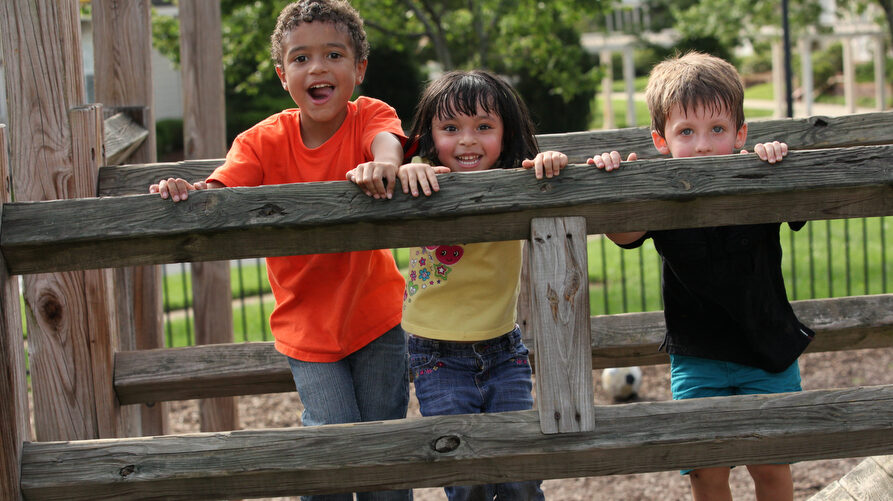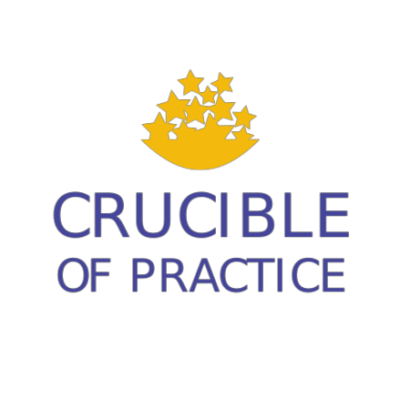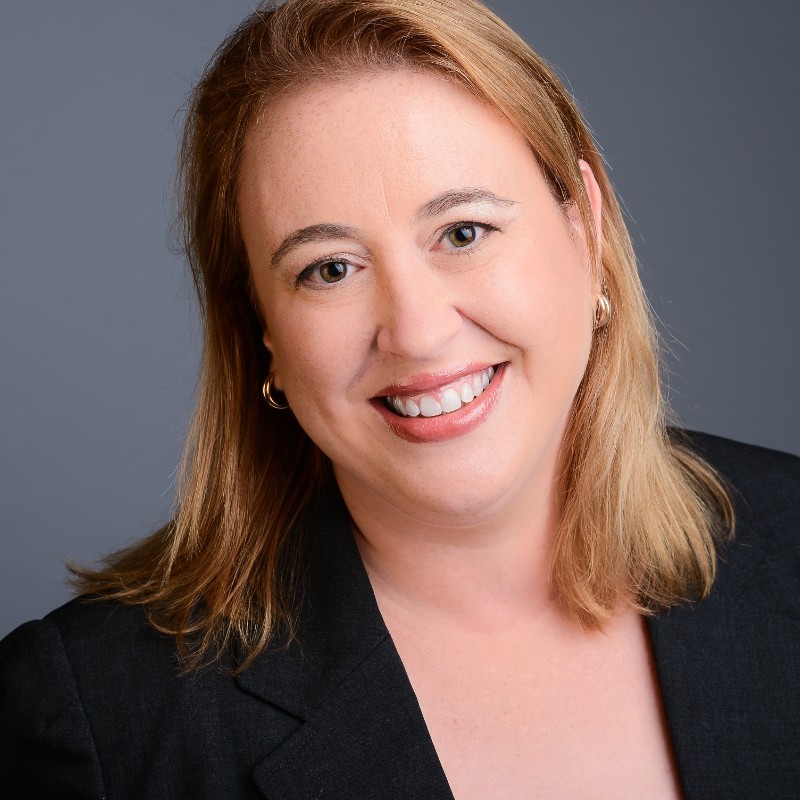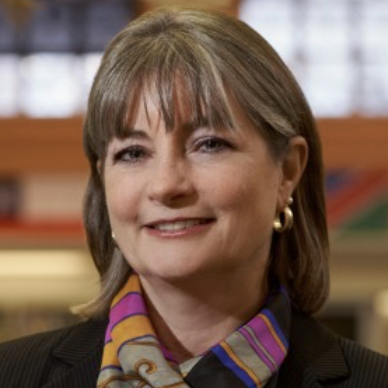
12:30 - 02:00 pm
What’s Working: CGLR Communities with Learning-Rich Spaces in Everyday Places

Join us again on November 14 from 12:30-2pm ET for our next Crucible of Practice session!
“We believe that it is critical that each of these everyday places and spaces should and could be a learning-rich environment for children.” –Siobhan O’Loughlin Reardon
This session explored local efforts of building literacy and learning-rich environments into locations where families live, work and play.
The meeting opened with remarks by CGLR’s Siobhan O’Loughlin Reardon establishing a foundation for the conversation and sharing a diagram depicting the “ecosystem of out-of-school learning opportunities.” Nurturing this ecosystem ensures that everyday places and spaces are transformed into accessible learning opportunities for all children and families. This is a crucial strategy to support early school success and general well-being in early childhood development.
Following the opening remarks, Lisa Greening of Turn the Page STL and Marissa Smith with WAKE Up and Read in North Carolina provided an overview of their CGLR coalitions, how they are working to build learning-rich environments in their communities through unique partnerships, and why this is an important area of investment.
“WAKE Up and Read has invested in this out of love for our community and wanting to do what’s right for the children and families who live in Wake County, NC. We believe that literacy is a right and every child deserves high-quality learning experiences.” –Marissa Smith
“You have to listen to the people you are serving. What we knew with our strategic planning process is that you can’t just build something and expect people to go to it. You need to find out where families are, talk with families, and be where they are.” –Lisa Greening
Attendees were then invited to join a breakout room discussion to further delve into conversation topics organized in four key areas: 1) inspiration and the early stages of projects; 2) interest and establishing partnerships for projects; 3) interaction and implementation of projects; and 4) investment and sustainability to keep things going. Joining the breakout room conversations were field expert guests, including Alvin Irby, Barbershop Books; Javier Maisonet, MathTalk; Joanna Maniscalco, Juvenile Welfare Board of Pinellas County; Liz McChesney, LaundryCares Foundation; and Brianna Ray, Juvenile Welfare Board of Pinellas County.
“There are engaging opportunities everywhere for families to go for learning and still be effective with supporting student growth.” –Marissa Smith
Key Summary of Breakout Room Discussions
Stage 1: Inspiration (early stages of projects)
Locations for projects
- Inspiration can be found in consistent places where parents take their children.
- A similar example from two different organizations was shared of placing a learning corner with books in waiting rooms at the Department of Corrections and bringing books to family events at prisons. This also included enrolling children to receive books delivered to their homes.
- Listen to communities about where to place projects and challenge folks to look at public spaces differently.
Project co-creation and the infusion of family voice
- Just because you give a child a book doesn’t mean they will read it. Relationships are also key.
- The “lived-in” experiences of families are important when creating outcomes and measures. Value the voice of parents and families.
- Do a lot of listening in conversations with families to better understand their needs.
Stage 2: Interest (attracting critical partners for project development)
Key partnerships
- Relationships to develop include those with school principals and teachers, barbershops and salons, families, libraries, doctors, city and public sector employees like the Parks and Recreation Department, laundromats, places where families access other services, childcare centers, Boys & Girls Clubs, neighborhood community centers and places of worship.
- Provide opportunities for partner agencies, organizations and families to lead project development, comment on what the spaces should look like, and share how they would like their environments to be used to supplement learning.
- These projects rely on collaboration. Be creative in considering potential partnerships.
- This quote was shared, “If you want to go fast, go alone. If you want to go far, go together.”
Organic nature of partnerships
- Be mindful of possible barriers to capacity when so much of the work relies on humans and volunteers to implement projects.
- Doing “a lot with little” has been a trend, especially for teams with smaller-sized staff. Creativity to cover everything becomes necessary.
- High turnover rate with some positions can be a barrier, especially when relationships depend on trust.
Stage 3: Interaction (implementation and interaction with children and families)
Challenges and barriers with implementation
- There can be a sense of security in “doing things the way they’ve always been done” and this can be a barrier to creativity.
- Think of logistics and how families get to the locations where projects are implemented. “Smooth the path for families.”
- It’s important to provide culturally relevant materials with book selection. Representation matters and the materials should reflect the people, children and families who live in the community places where these projects are located.
- Partnerships are key to promoting interaction with the spaces after the projects are developed.
Stage 4: Investment (sustainability)
Outcomes, evaluations and measuring success
- Wrap your outcomes around how you can engage with community, stakeholders, families and partner organizations, ensuring the data can be gathered in ways that aren’t intrusive.
- Know what the project is driving toward over the long term when developing outcomes. What is the bigger picture? Focus on this in outcome design and link it back to project implementation.
- Some of the outcomes will be survey driven to obtain the data, so relationships built on trust become important in gathering the data needed for reports.
- Be realistic with goals, knowing the work and progress take time.
- Continue to advocate for the value of family voice in evaluations and how anecdotal evidence is important and meaningful.


 All Events
All Events



